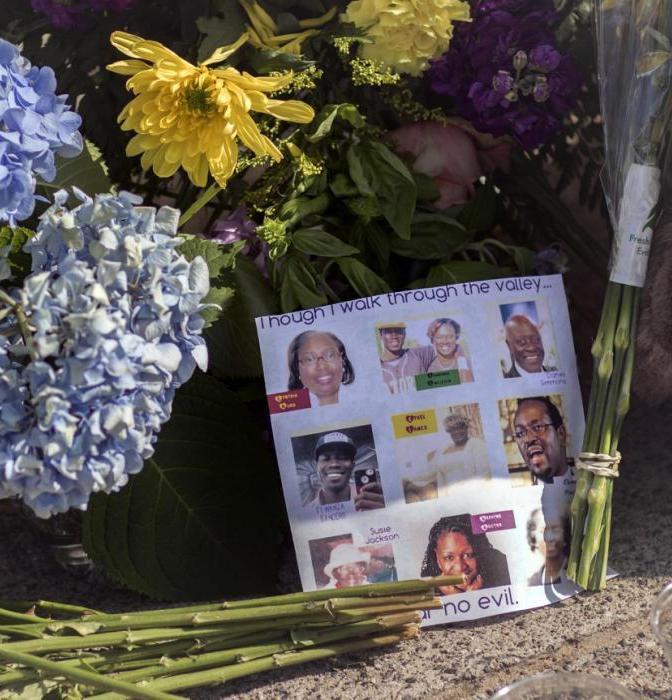Rest of world chides U.S. on racism, determination to own guns
Often the target of U.S. human rights accusations, China wasted little time returning such charges following the shooting at a historic black church in South Carolina that left nine people dead. Elsewhere, the attack renewed perceptions that Americans have too many guns and have yet to overcome racial tensions. Especially in Australia and northeast Asia, where firearms are strictly controlled and gun violence almost unheard of, many were baffled by the determination among many Americans to own guns despite repeated mass shootings, such as the 2012 tragedy at Sandy Hook Elementary School in Newtown, Conn., where a gunman killed 20 children and six adults.
We don’t understand America’s need for guns. It is very puzzling for non-Americans.
Philip Alpers, director of the University of Sydney’s GunPolicy.org
Racially charged shootings in the U.S., where the Constitution’s Second Amendment protects the right to keep and bear arms, have received widespread global attention. The front-page headline of the Independent newspaper in Britain said simply, “America’s shame.” The newspaper said in an editorial that America seems to have moved backward in racial relations since Obama’s election, and that the “obscene proliferation of guns only magnifies tragedies” like the church shooting. The leftist Mexico City newspaper La Jornada said the U.S. has become a “structurally violent state” where force is frequently used domestically and internationally to resolve differences.
Terrorism and radicalism can appear in every strata of society under various guises and in the name of ethnicity, religion and race.
Indonesian intellectual Syafi'i Maarif

World gun violence